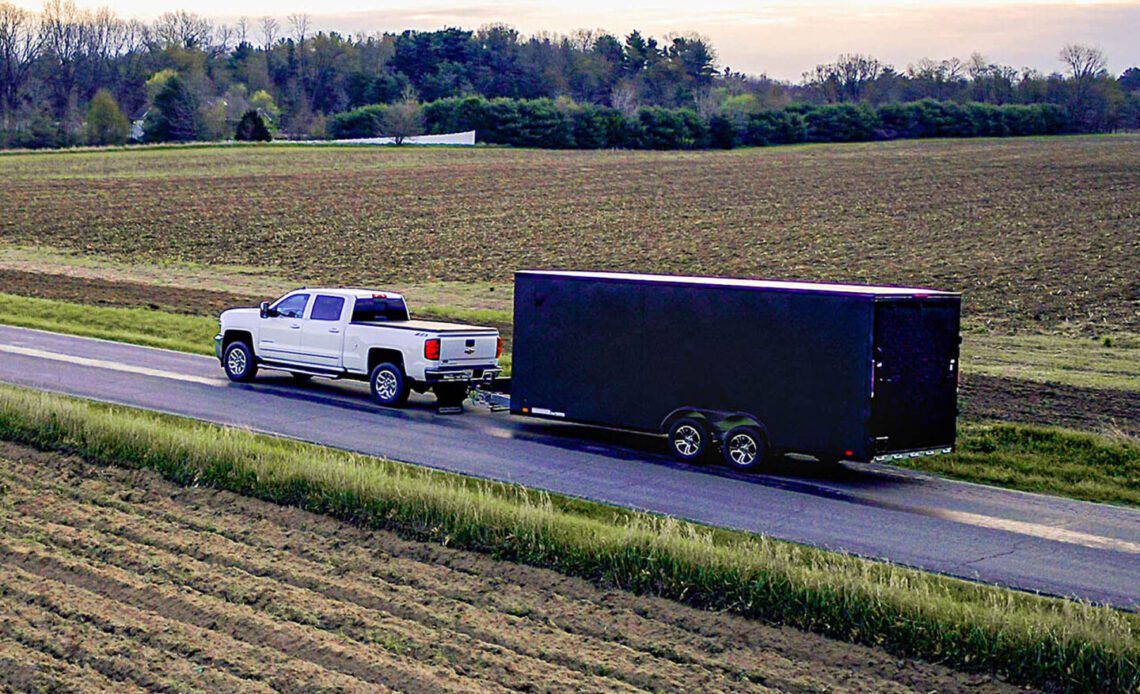When you are ready to hit the road with your new trailer behind your truck — whether that is a car trailer, utility trailer, or travel trailer, it is imperative that you have all of the pieces in place to have a safe towing experience. The right trailer hitch is one of those essential parts, and choosing one that fits your needs is an essential part of the process. Choosing the correct hitch is not a difficult process, but there are some factors to take into account when making this decision.
With so many different hitch options available, choosing the right trailer hitch requires some research and attention to detail. That is why I thought it prudent to spend some time covering the top areas you need to consider when selecting the right trailer hitch for your usage. Each factor can affect the safety and performance of your vehicle and the load you are planning to haul.
Whether you’re hauling an enclosed trailer, a utility trailer, or a travel trailer, the right hitch is a paramount part of the equation.
Understand Your Vehicle’s Towing Capacity
Before considering what type of hitch will work best for you, you need to have a clear understanding of the towing capacity of your vehicle. Each truck maker specifies a Gross Vehicle Combined Weight (GVCW) which is the manufacturer’s suggested combined weight limit of the loaded truck and trailer.
To determine your vehicle’s safe towing capacity, take the vehicle’s curb weight (weight of the truck) and subtract that from the GCVW. The curb weight can be found in the vehicle’s owner’s manual or on the sticker inside the driver’s door. Once you subtract the GCVW from the truck’s curb weight, you will know the safe allowable weight of your trailer.
The Right Trailer Hitch For The Weight Of The Trailer
After you know the safe allowable trailer weight, when selecting the right trailer hitch, you will also need to consider the loads you plan to haul. Like your vehicle, each type of hitch and attachment configuration has a limit.
A major factor that limits safe allowable trailer load is determined by the size of the hitch ball and the shank that attaches it to the truck’s frame-mounted receiver. A 1-7/8-inch ball is only to be used on smaller trailers with a maximum weight capacity of 2,000 pounds. A 2-inch ball is for trailers with a capacity of up to 8,000 pounds, while the 2-5/16- and a 3-inch ball has a weight capacity of up to 30,000 pounds. The ball mount shaft size will vary, as a…
Click Here to Read the Full Original Article at DragzineDragzine…

